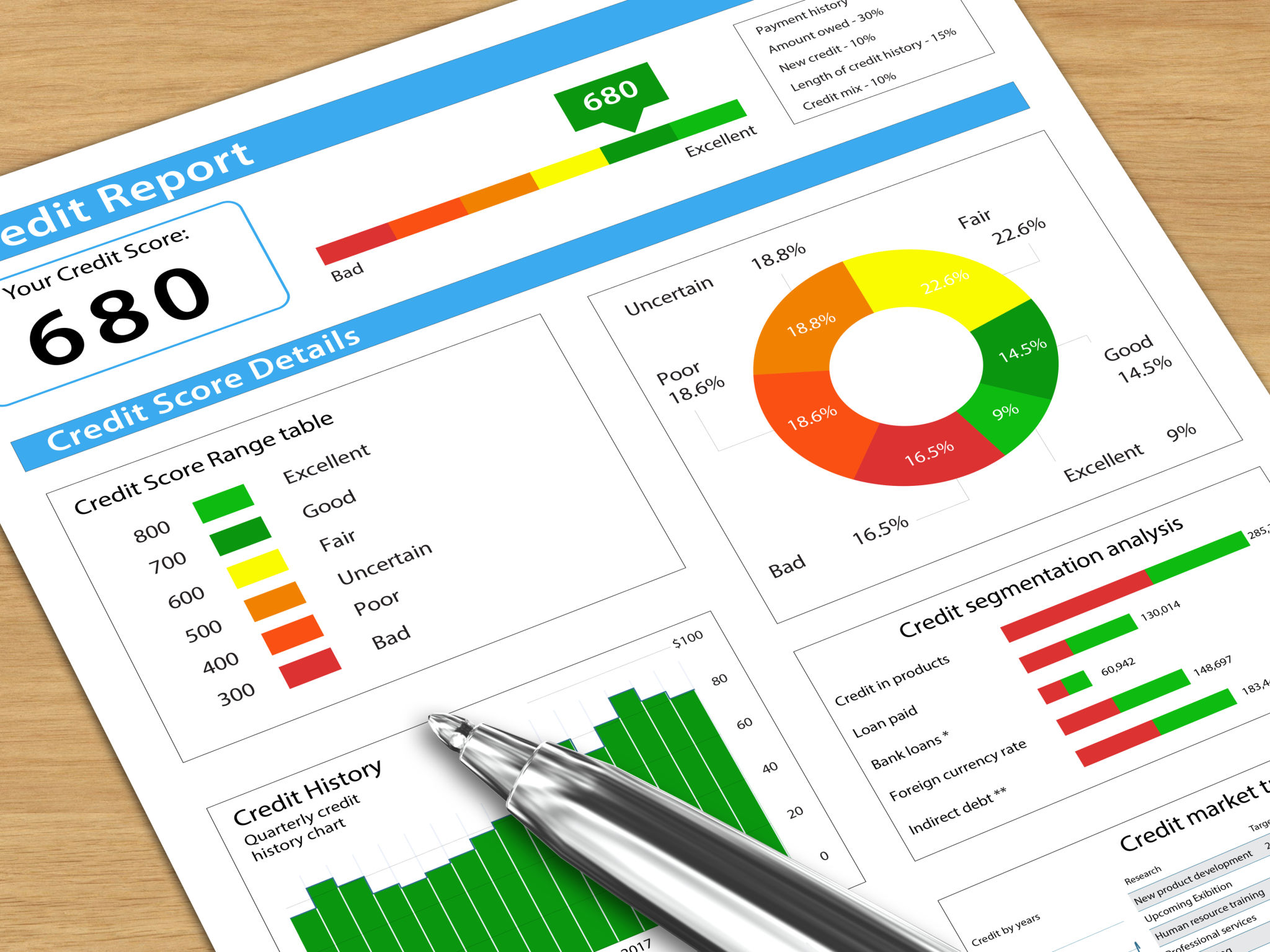Top Strategies for Building Strong Business Credit Scores
Understanding Business Credit Scores
Building a strong business credit score is crucial for any company seeking to secure financing, attract investors, or negotiate better terms with suppliers. A robust credit score reflects a company’s financial health and creditworthiness, often leading to more favorable business opportunities. Understanding the factors that influence your business credit score is the first step toward improving it.
Business credit scores are determined by several factors, including payment history, credit utilization, and the length of credit history. Unlike personal credit scores, business scores can range from 0 to 100, depending on the credit bureau. Knowing where your business stands can help you identify areas for improvement.

Establishing and Separating Business Credit
The foundation of a strong business credit score starts with establishing credit in your business’s name. This involves incorporating your business or forming an LLC, which separates personal finances from business finances. Obtaining an Employer Identification Number (EIN) and opening a business bank account are essential steps in this process.
Once your business is legally recognized, you can start building its credit by applying for a business credit card. Use this card for small purchases and pay off the balance in full each month to create a positive payment history. It's important to ensure that your vendors report your payments to the major credit bureaus.
Managing Credit Utilization
Credit utilization is a key factor in determining your business credit score. It refers to the ratio of your current credit balances to your overall credit limit. Keeping this ratio below 30% is generally recommended to maintain a healthy score. Regularly monitor your credit utilization and make adjustments as necessary.

Another strategy is to increase your available credit by requesting higher limits on existing accounts or opening new lines of credit. However, be cautious not to overextend, as this can negatively impact your score. Responsible management of your available credit demonstrates financial stability and reliability.
Maintaining Timely Payments
Timely payment of bills and debts is one of the most significant contributors to a strong business credit score. Late payments can significantly damage your score and remain on your credit report for years. Implementing a reliable accounting system can help ensure that all payments are made on time.
Consider setting up automatic payments for recurring expenses and regularly reviewing your accounts payable schedule. This proactive approach not only helps maintain a good credit score but also improves relationships with vendors and creditors.

Monitoring and Reviewing Your Credit Report
Regularly monitoring your business credit report is essential for maintaining a strong score. Errors or inaccuracies in your report can negatively affect your creditworthiness. Obtain copies of your report from major business credit bureaus such as Dun & Bradstreet, Experian, and Equifax.
If you discover any discrepancies, promptly dispute them with the respective bureau. Regular reviews also allow you to track your progress over time and adjust your strategies as needed to continue improving your score.
Conclusion
Building and maintaining a strong business credit score requires diligence, planning, and strategic financial management. By establishing separate business credit, managing utilization, maintaining timely payments, and regularly monitoring your report, you can significantly enhance your company’s financial reputation. A strong business credit score not only provides access to better financing options but also positions your company for long-term success.
